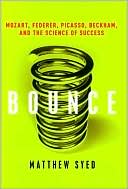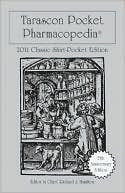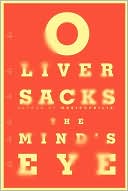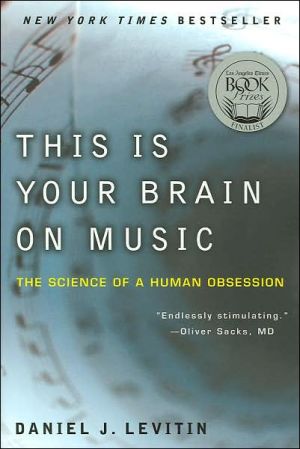Bounce: Mozart, Federer, Picasso, Beckham, and the Science of Success
Search in google:
Why have all the sprinters who have run the 100 meters in under ten seconds been black? What's one thing Mozart, Venus Williams, and Michelangelo have in common? Is it good to praise a child's intelligence? Why are baseball players so superstitious? Few things in life are more satisfying than beating a rival. We love to win and hate to lose, whether it's on the playing field or at the ballot box, in the office or in the classroom. In this bold new look at human behavior, award-winning journalist and Olympian Matthew Syed explores the truth about our competitive nature-why we win, why we don't, and how we really play the game of life. Bounce reveals how competition-the most vivid, primal, and dramatic of human pursuits-provides vital insight into many of the most controversial issues of our time, from biology and economics, to psychology and culture, to genetics and race, to sports and politics. Backed by cutting-edge scientific research and case studies, Syed shatters long-held myths about meritocracy, talent, performance, and the mind. He explains why some people thrive under pressure and others choke, and weighs the value of innate ability against that of practice, hard work, and will. From sex to math, from the motivation of children to the culture of big business, Bounce shows how competition provides a master key with which to unlock the mysteries of the world. Publishers Weekly Syed, sportswriter and columnist for the London Times, takes a hard look at performance psychology, heavily influenced by his own ego-damaging but fruitful epiphany. At the age of 24, Syed became the #1 British table tennis player, an achievement he initially attributed to his superior speed and agility. But in retrospect, he realizes that a combination of advantages—a mentor, good facilities nearby, and lots of time to hone his skills—set him up perfectly to become a star performer. He admits his argument owes a debt to Malcolm Gladwell's Outliers, but he aims to move one step beyond it, drawing on cognitive neuroscience research to explain how the body and mind are transformed by specialized practice. He takes on the myth of the child prodigy, emphasizing that Mozart, the Williams sisters, Tiger Woods, and Susan Polgar, the first female grandmaster, all had live-in coaches in the form of supportive parents who put them through a ton of early practice. Cogent discussions of the neuroscience of competition, including the placebo effect of irrational optimism, self-doubt, and superstitions, all lend credence to a compelling narrative; readers who gobbled up Freakonomics and Predictably Irrational will flock to this one. (May)








